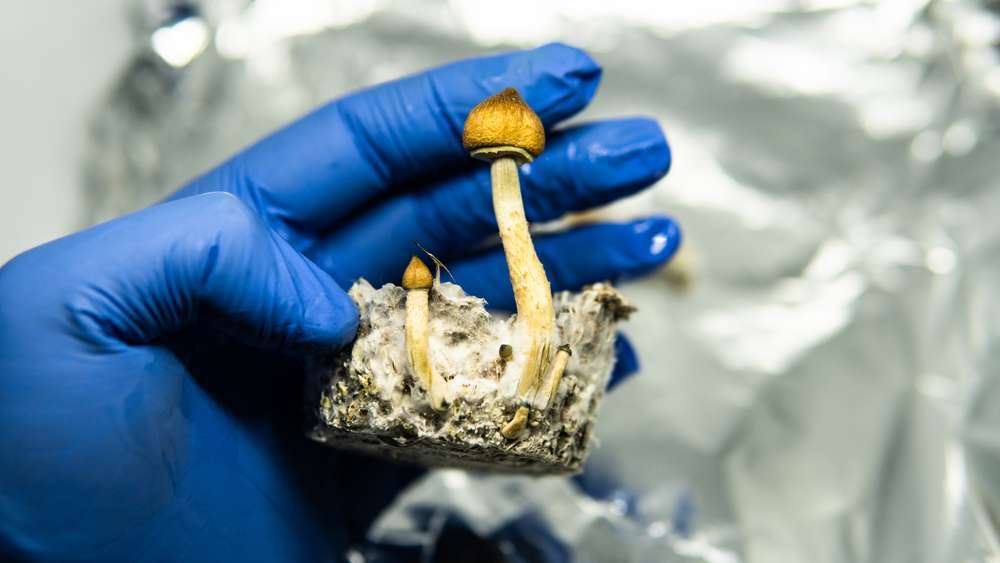All About Psilocybin
Psilocybin, a naturally occurring psychedelic compound found in certain mushrooms, has gained increased attention in America for its potential therapeutic benefits. While psilocybin remains classified as a Schedule I substance at the federal level, some states and cities are exploring decriminalization and regulatory measures. Research into psilocybin’s therapeutic effects has shown promising results, particularly in… Read more

Reviewed by The PsychPlus Team
February 21, 2024

Psilocybin, a naturally occurring psychedelic compound found in certain mushrooms, has gained increased attention in America for its potential therapeutic benefits. While psilocybin remains classified as a Schedule I substance at the federal level, some states and cities are exploring decriminalization and regulatory measures.
Research into psilocybin’s therapeutic effects has shown promising results, particularly in the treatment of mental health conditions like depression, anxiety, and post-traumatic stress disorder (PTSD). Clinical trials have indicated that supervised and controlled psilocybin experiences can lead to profound and lasting positive changes in individuals’ mental well-being.
Several cities, including Denver, Colorado, and Oakland and Santa Cruz in California, have decriminalized the possession and use of psilocybin-containing mushrooms, signaling a shift in public perception and policy. Advocates argue that responsible and guided use, perhaps in therapeutic settings, could provide relief for those struggling with mental health issues.
However, it’s essential to acknowledge the ongoing debate surrounding psilocybin use, with concerns about potential misuse, long-term effects, and the need for further research to establish safety and efficacy. The evolving landscape of psilocybin in America reflects a nuanced conversation about mental health, substance regulation, and the potential benefits of psychedelic-assisted therapy.
Find a mental health care provider near you
Learn about the conditions we treat


